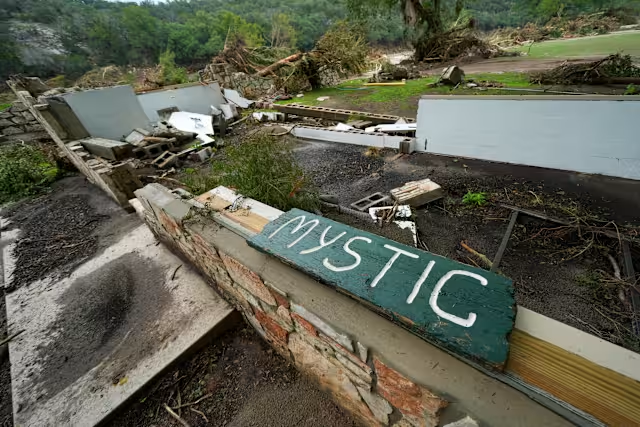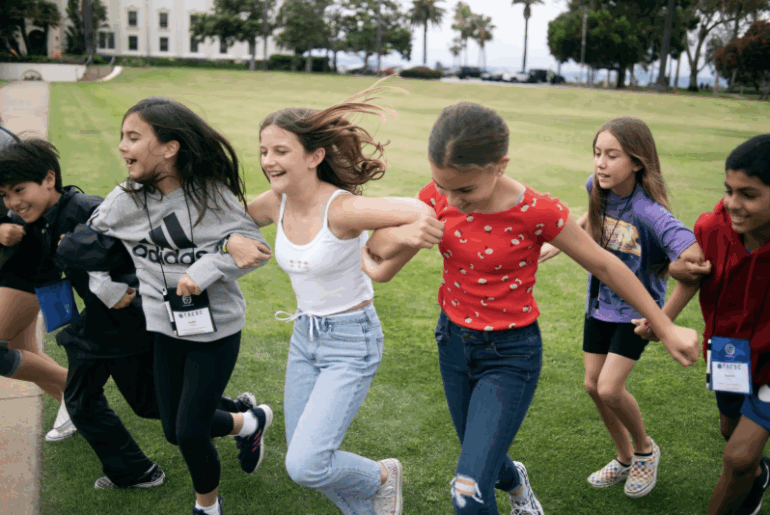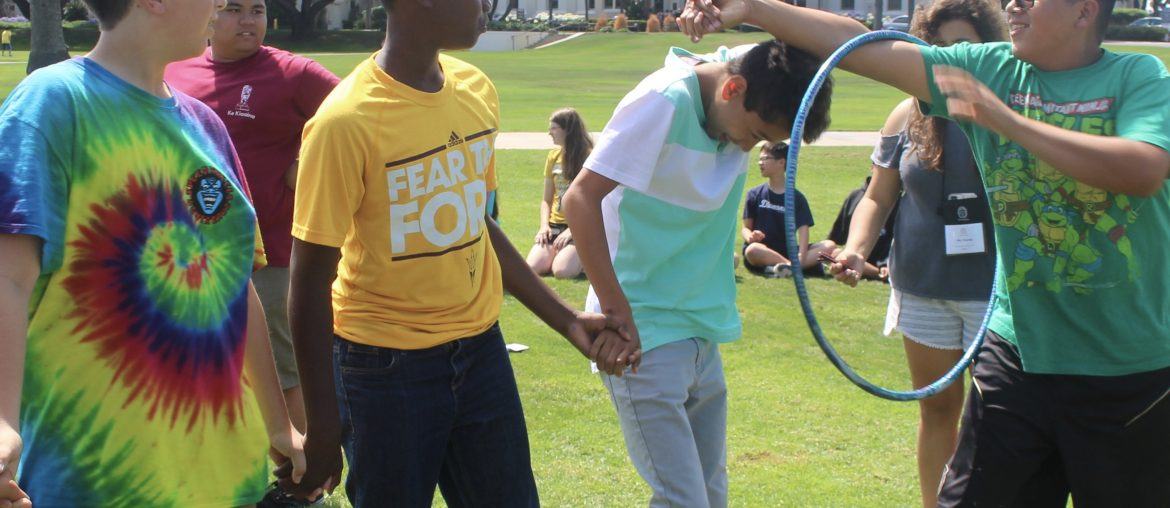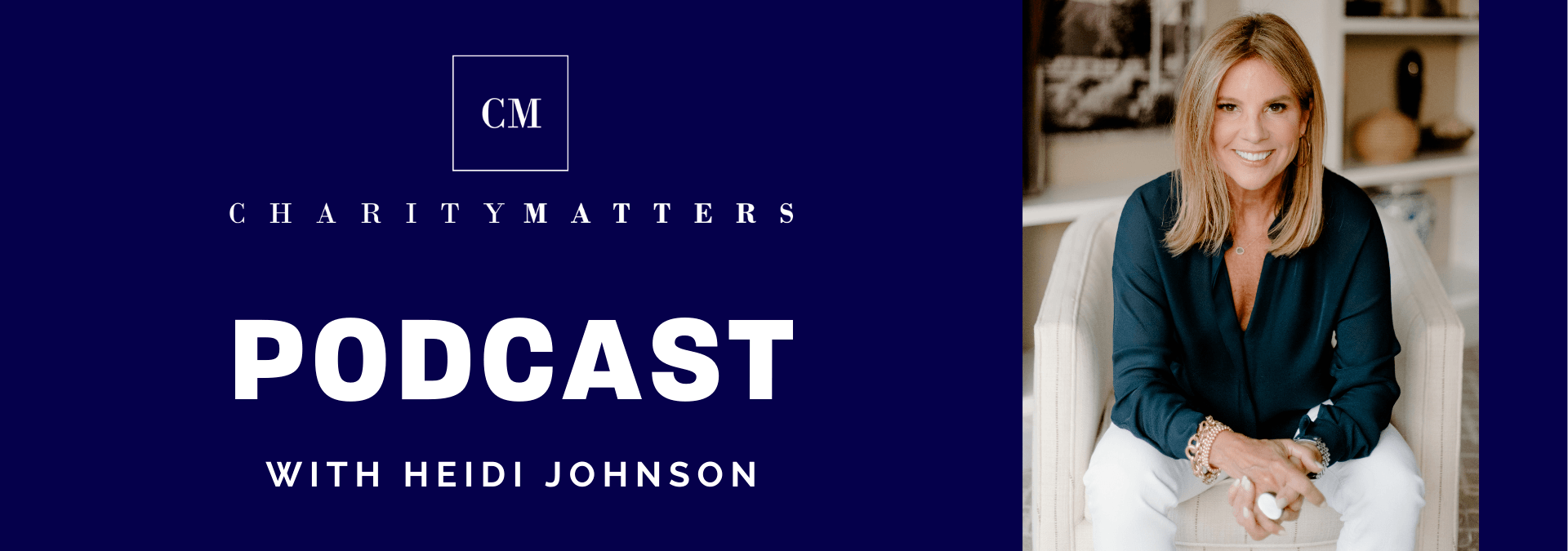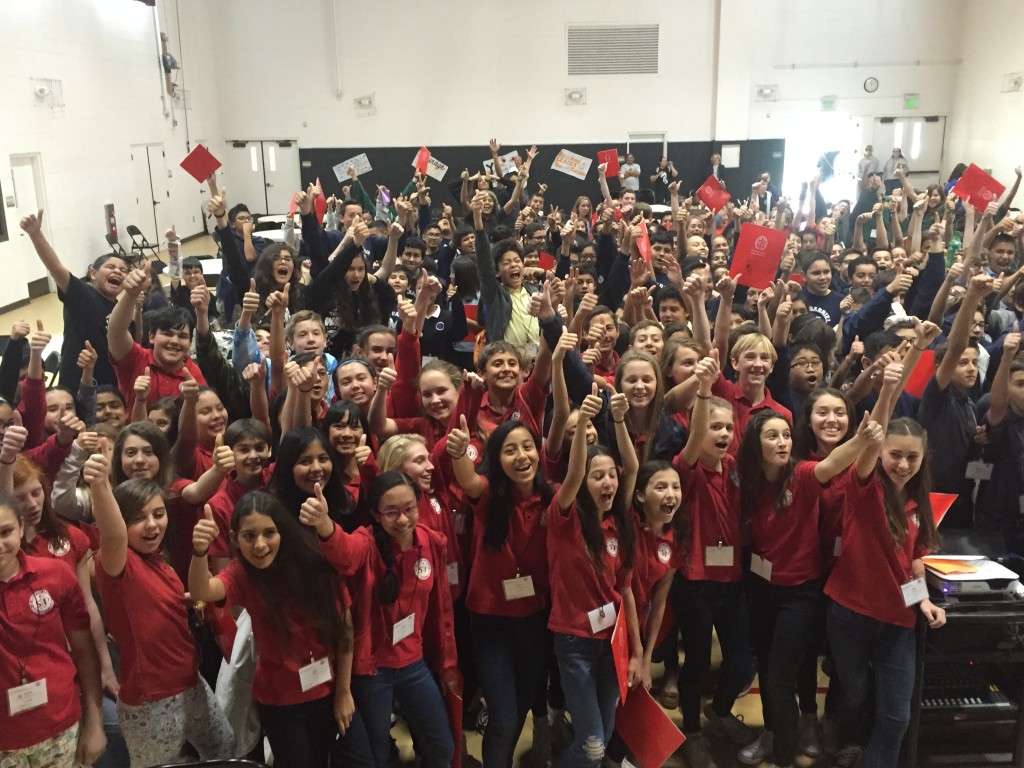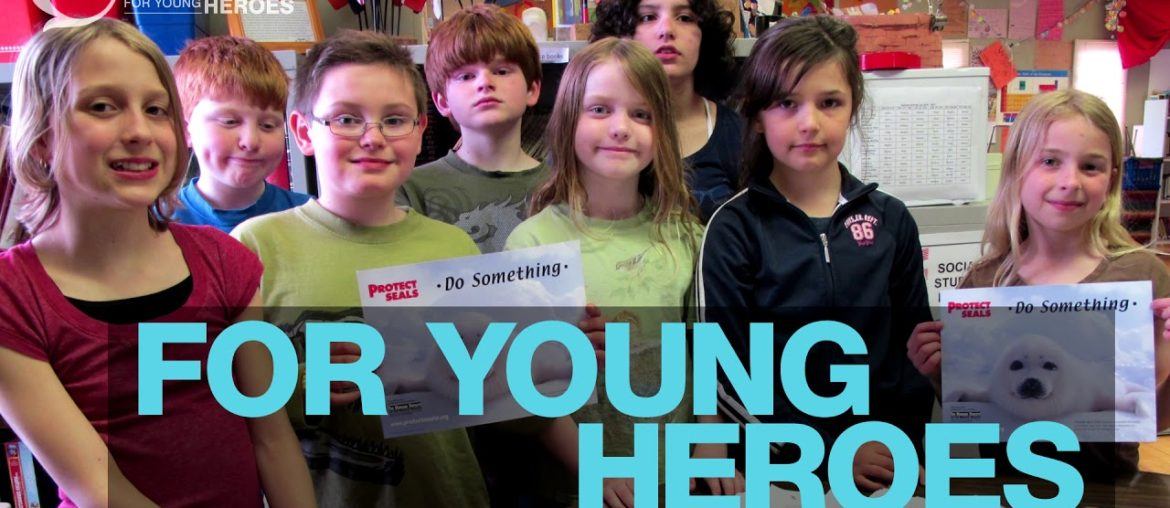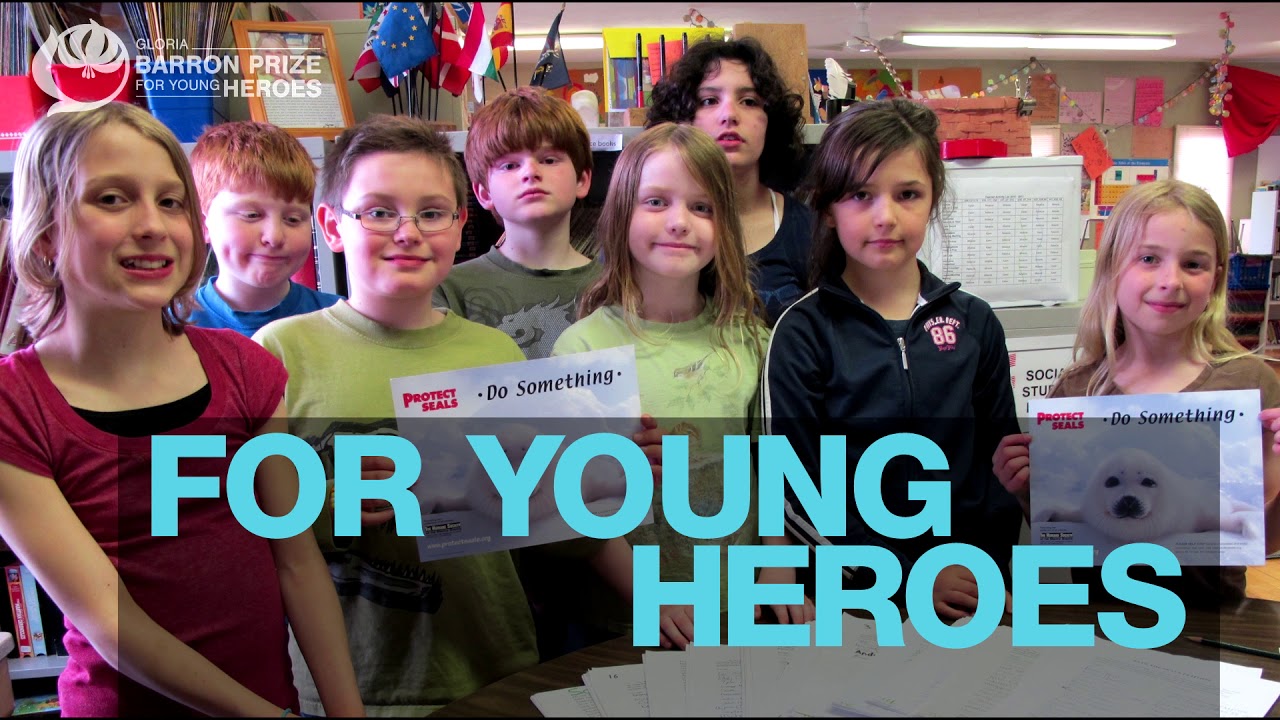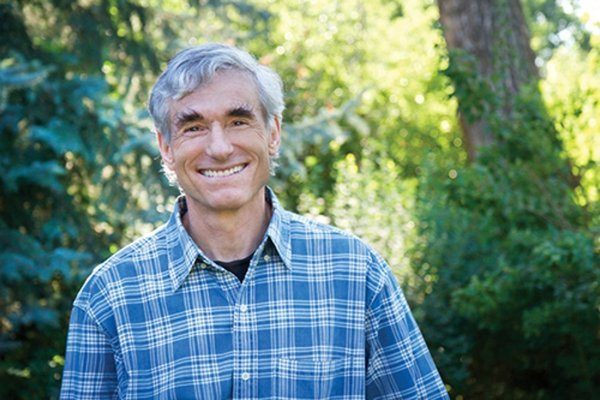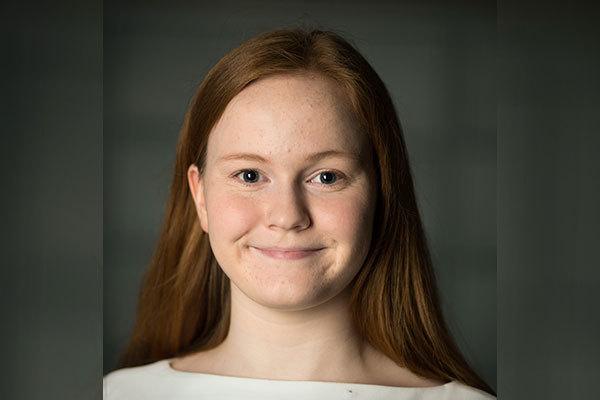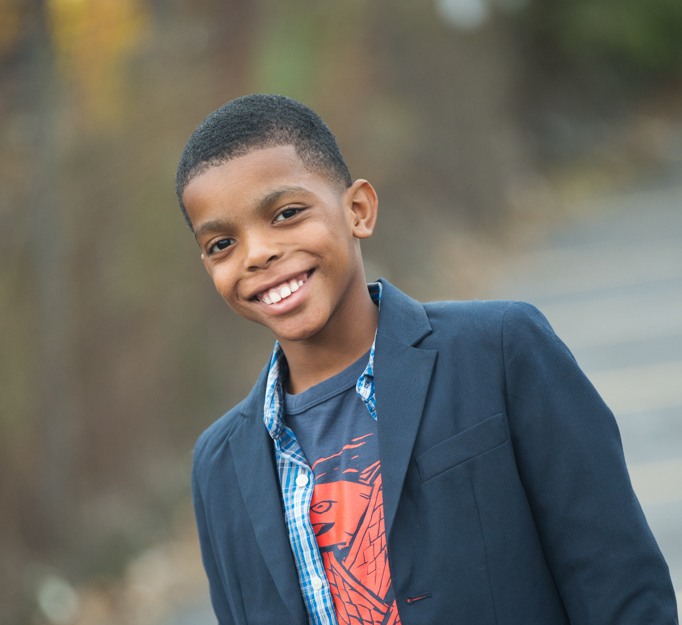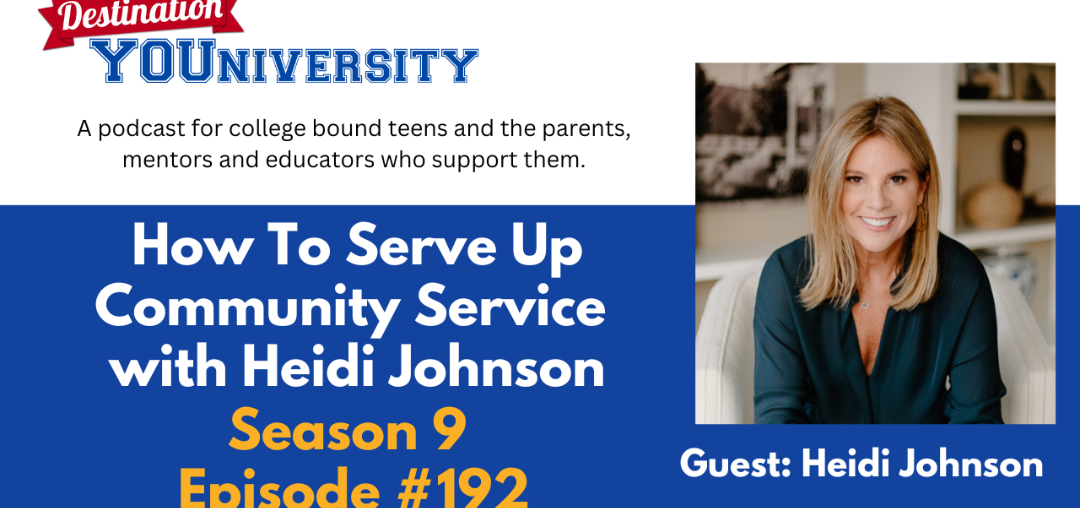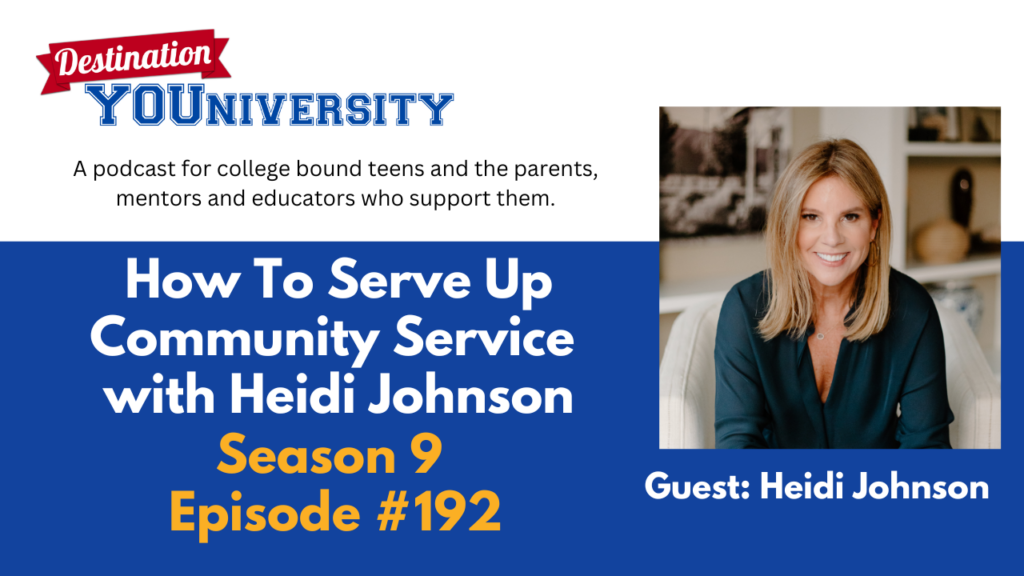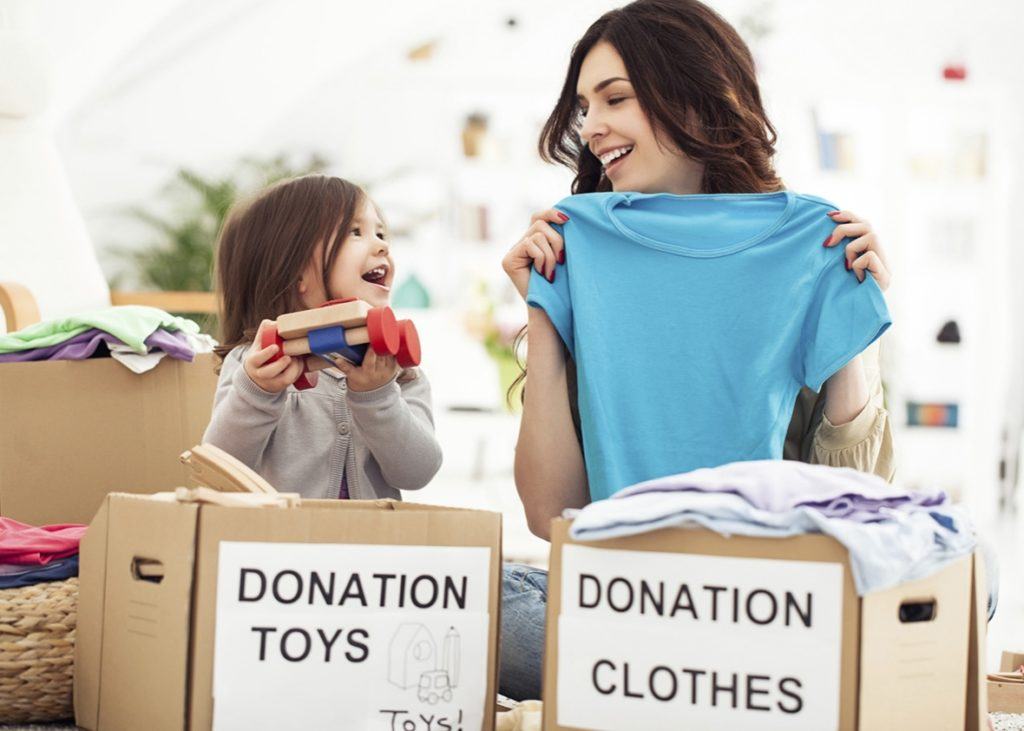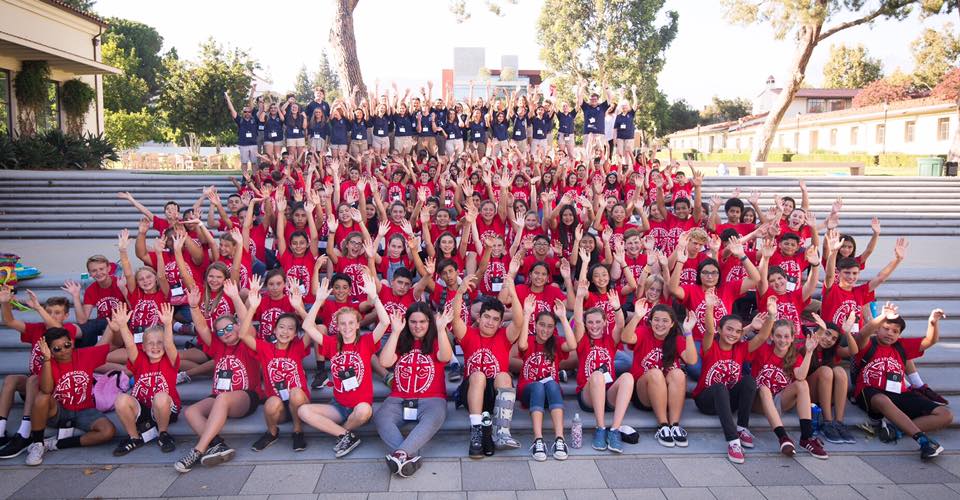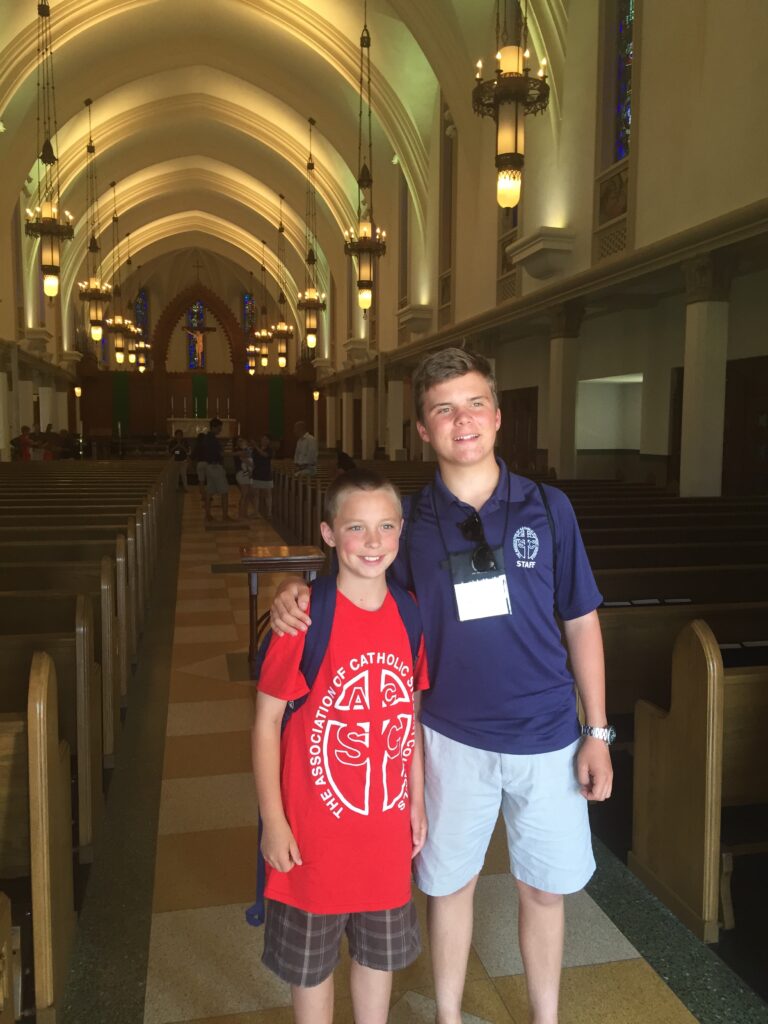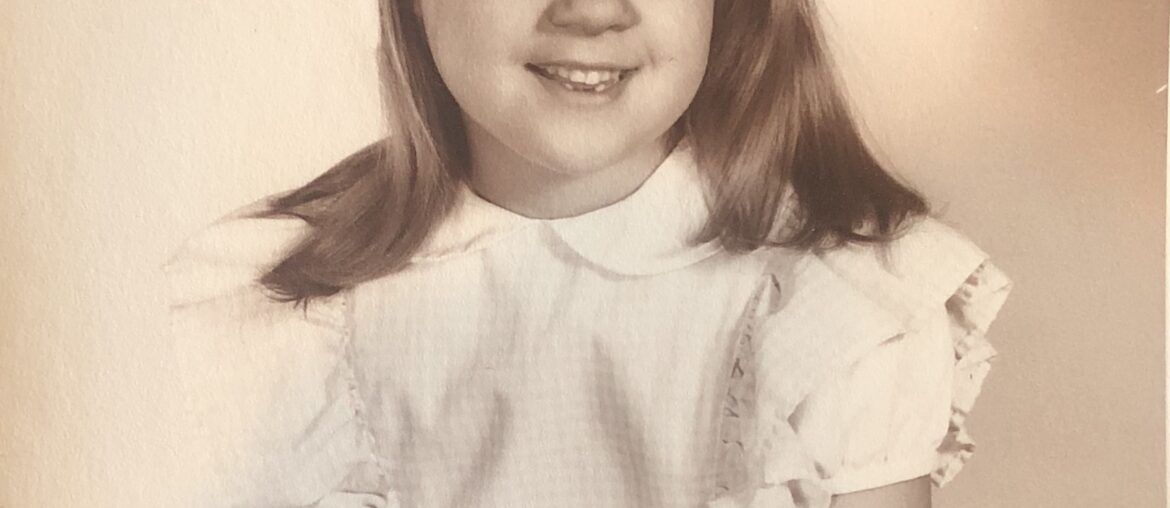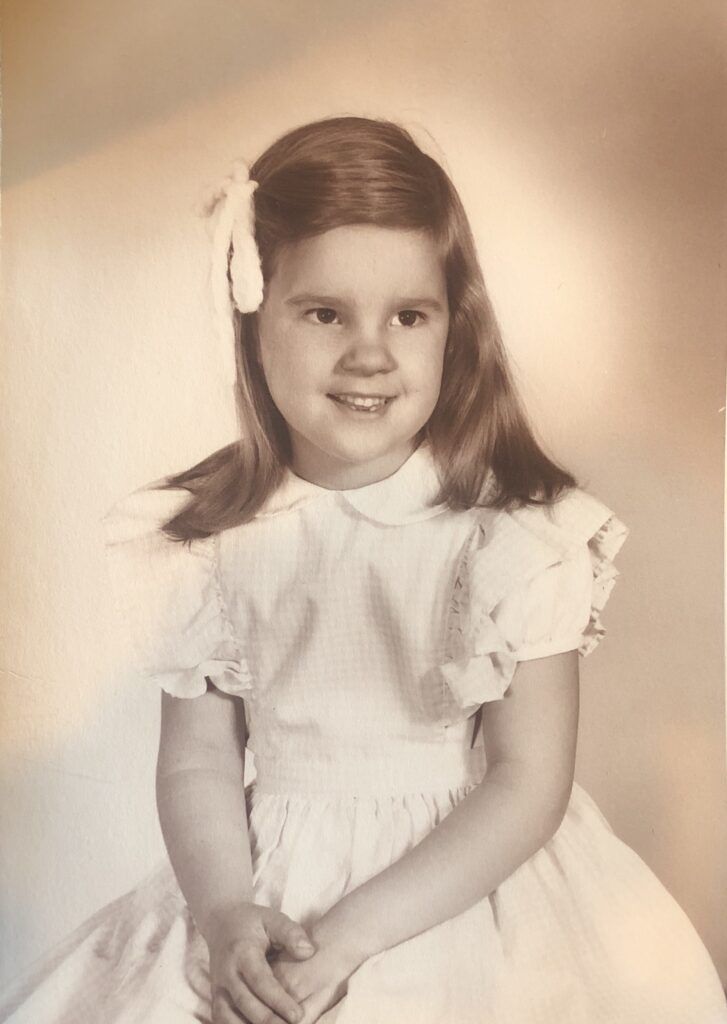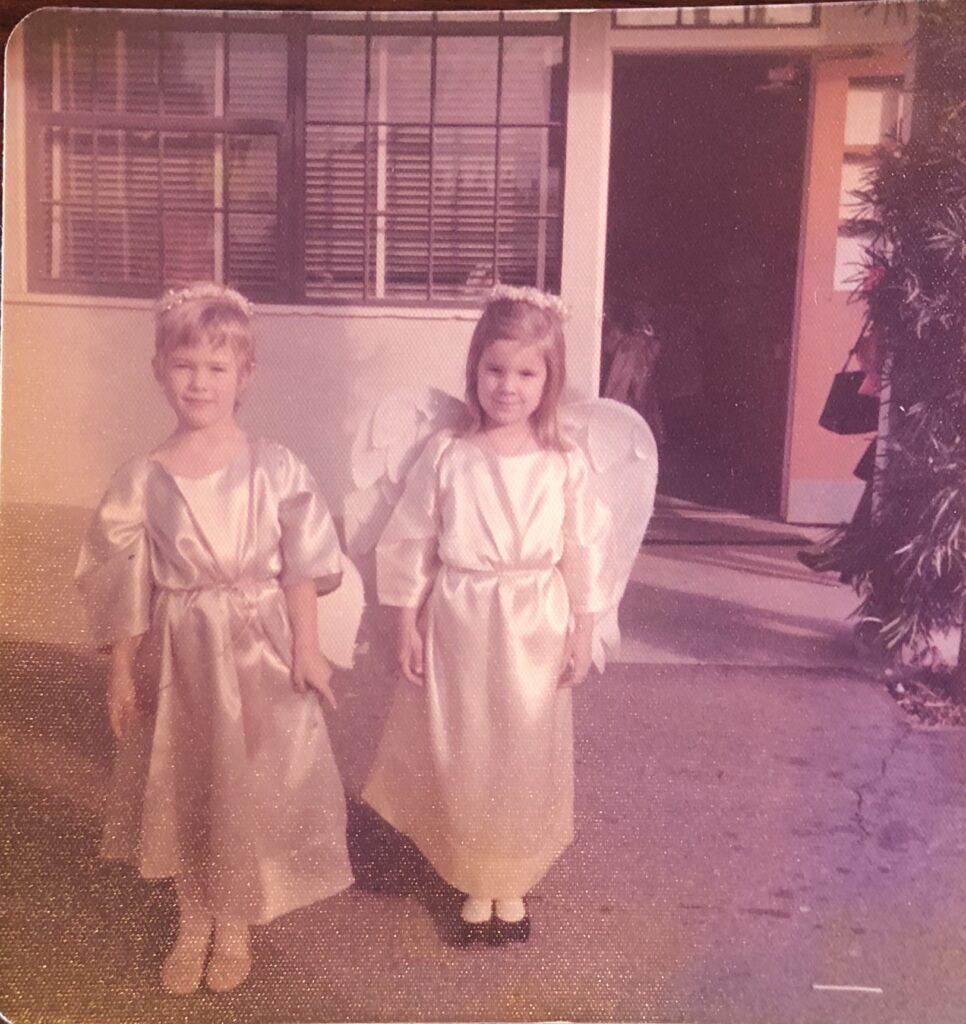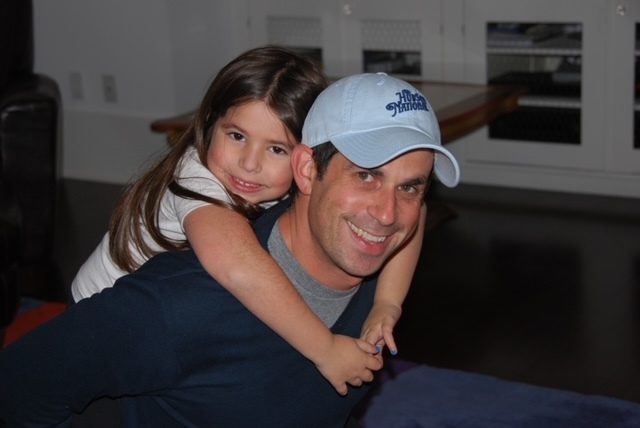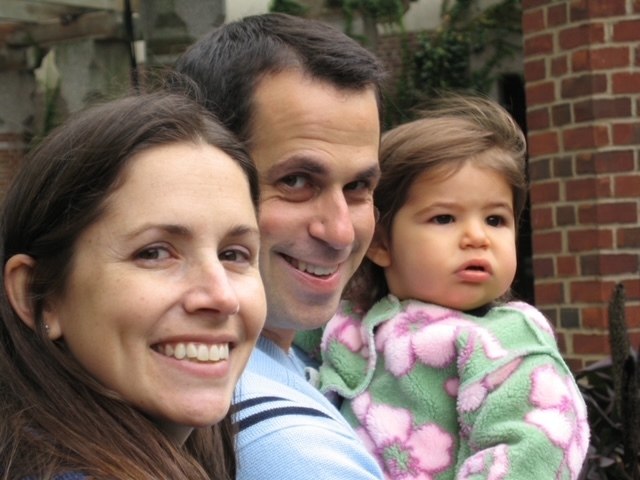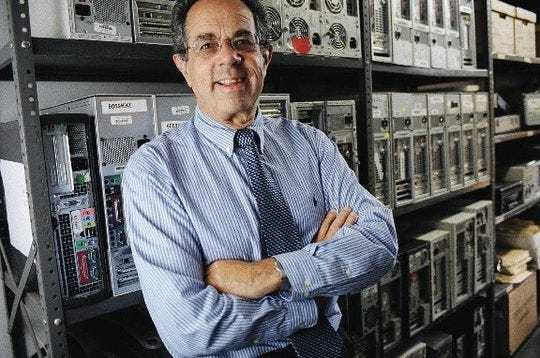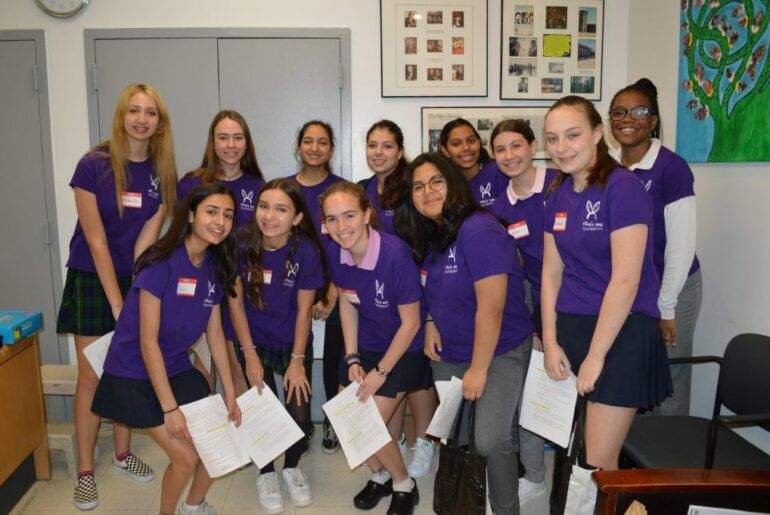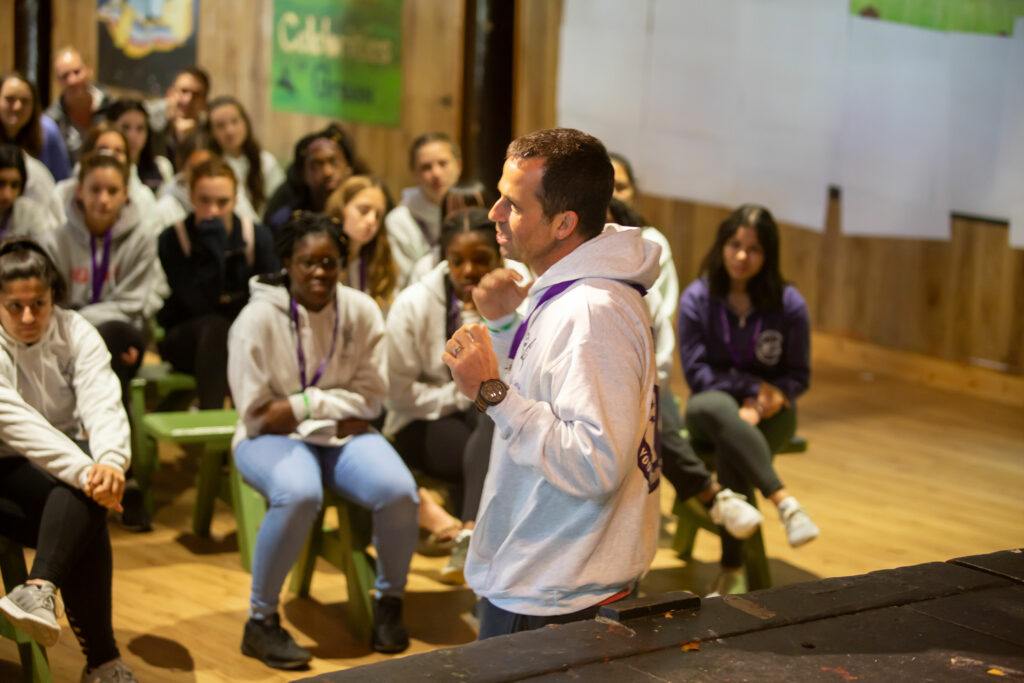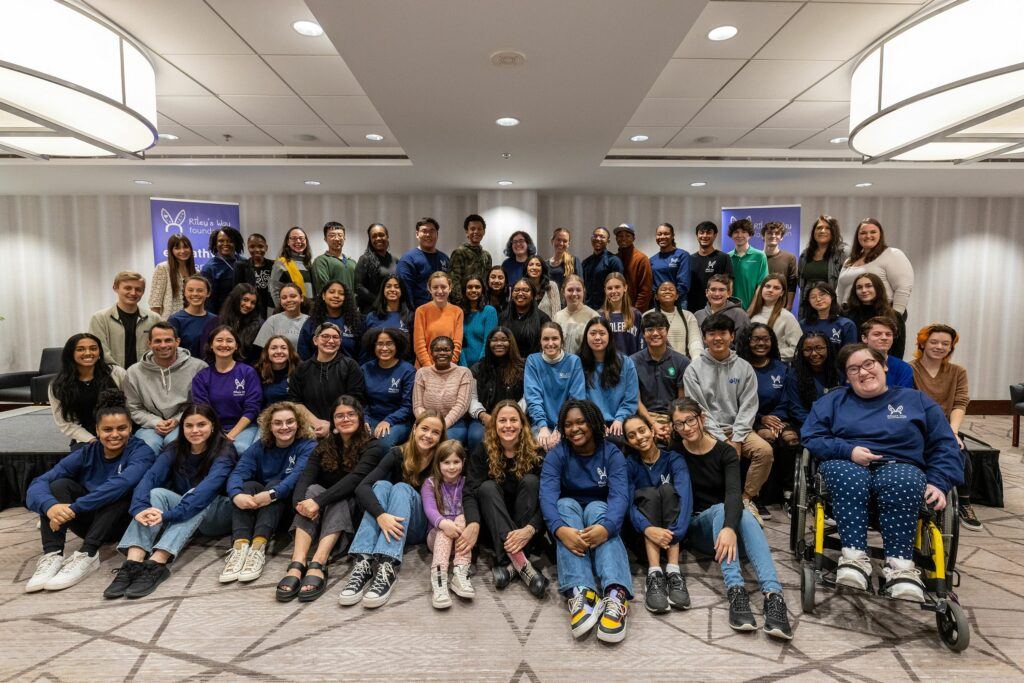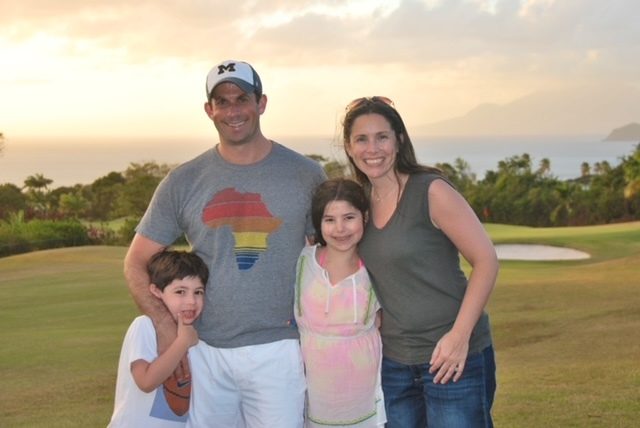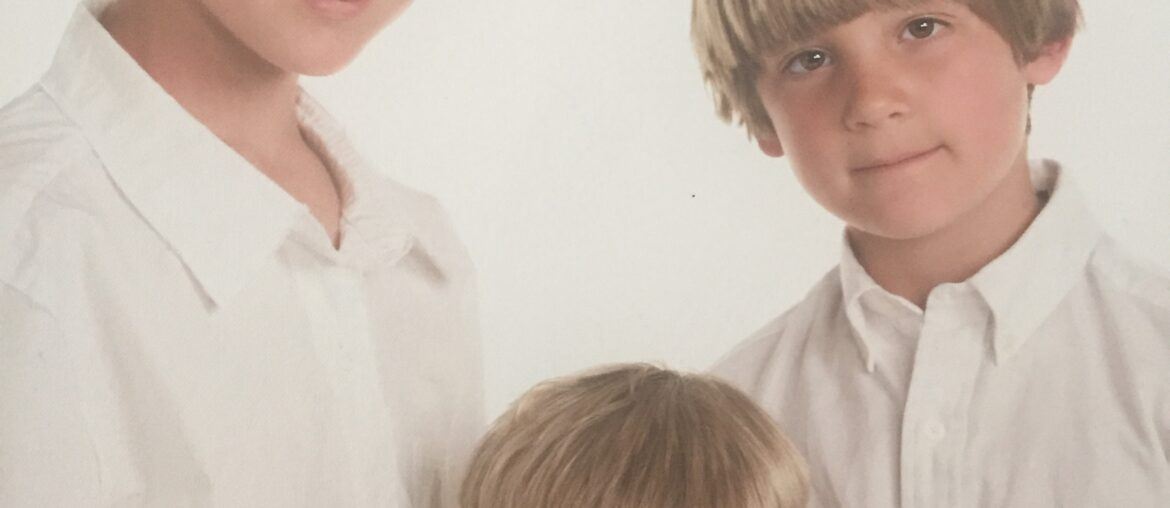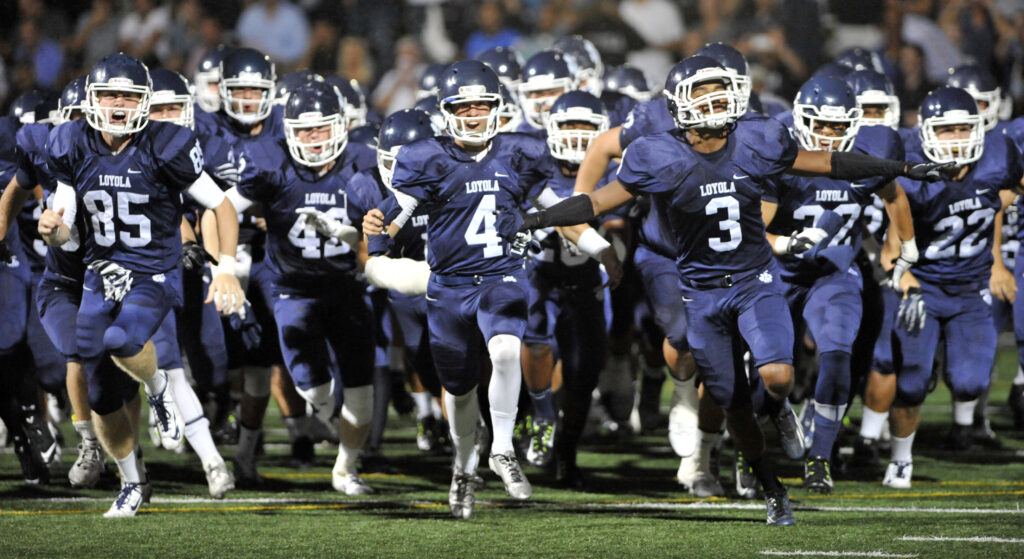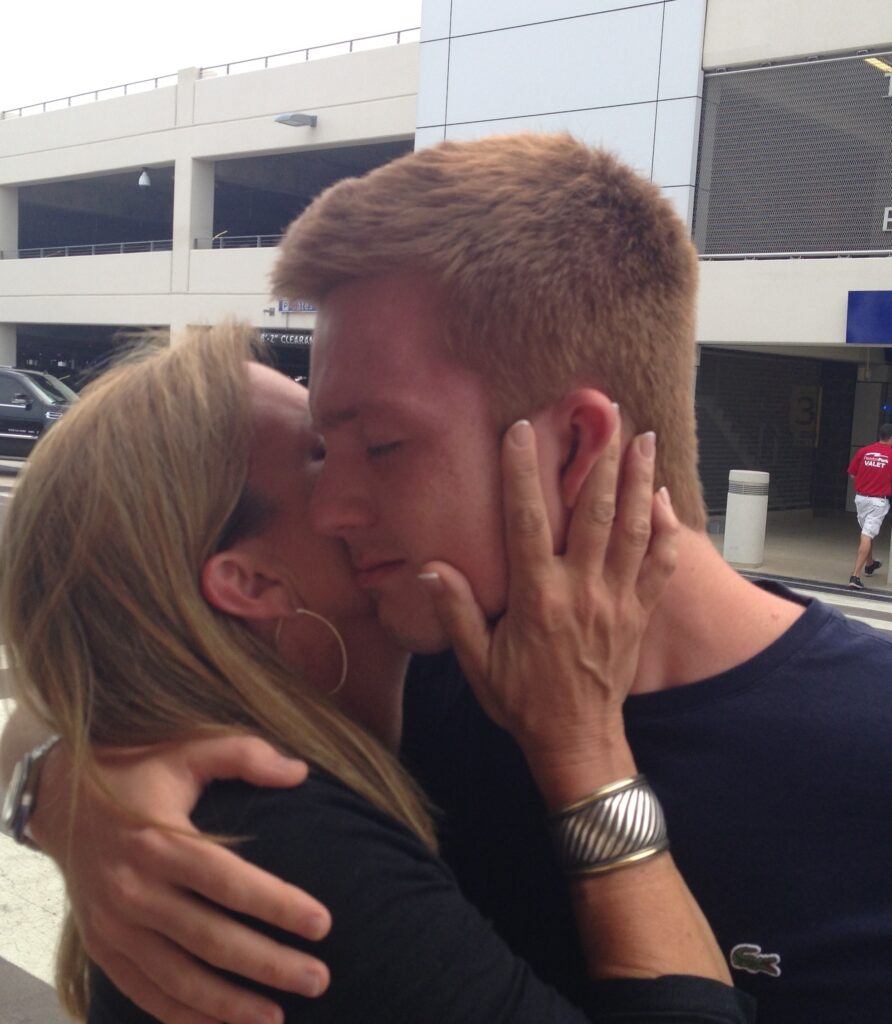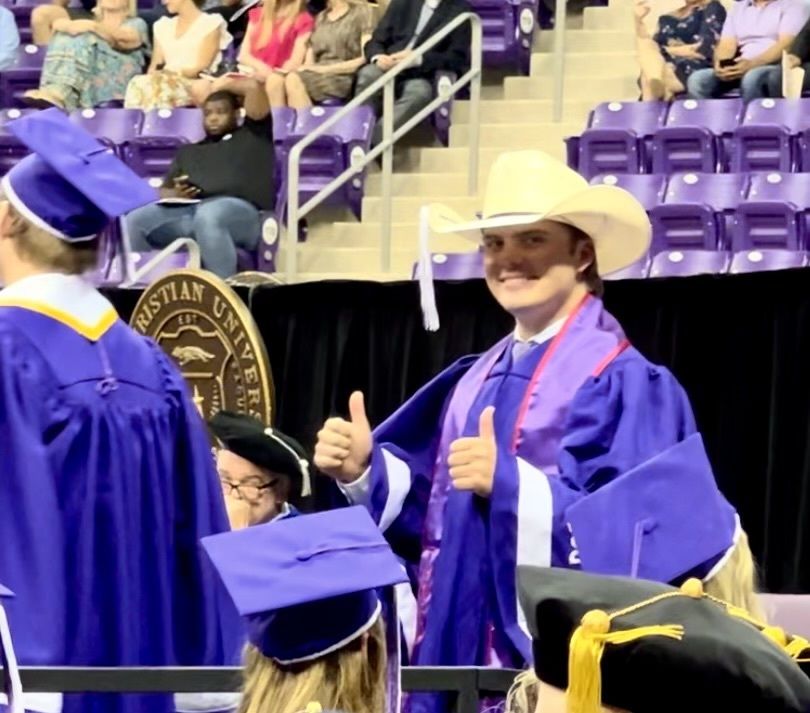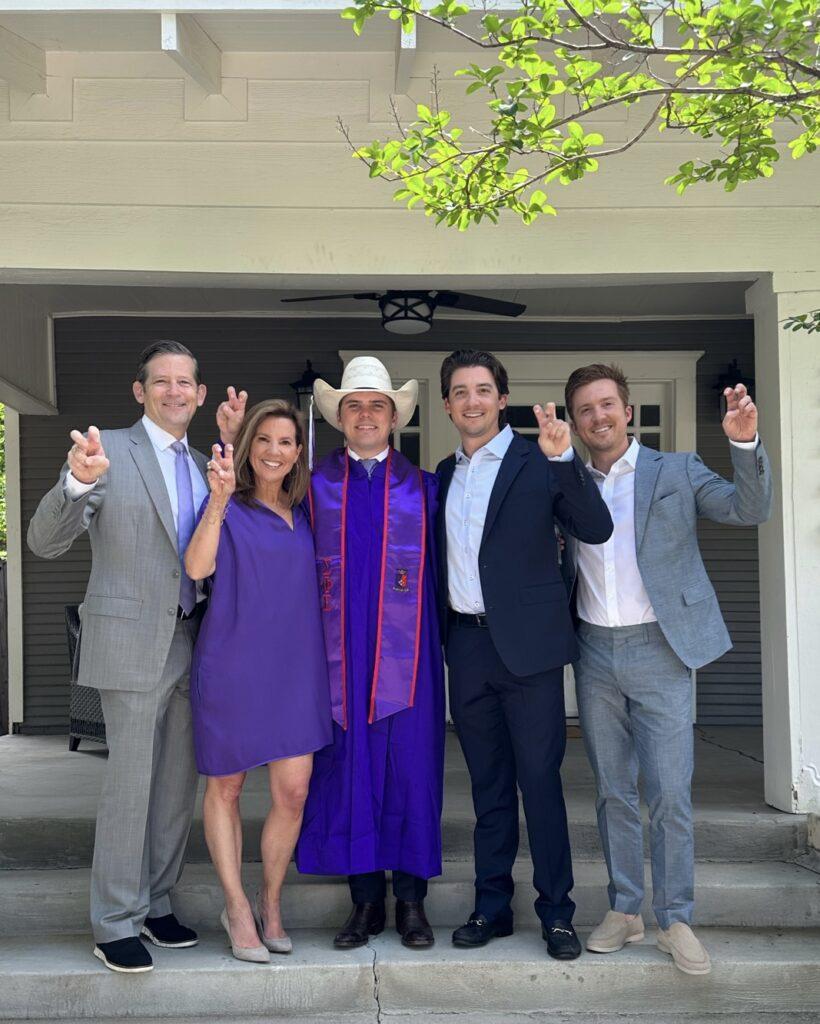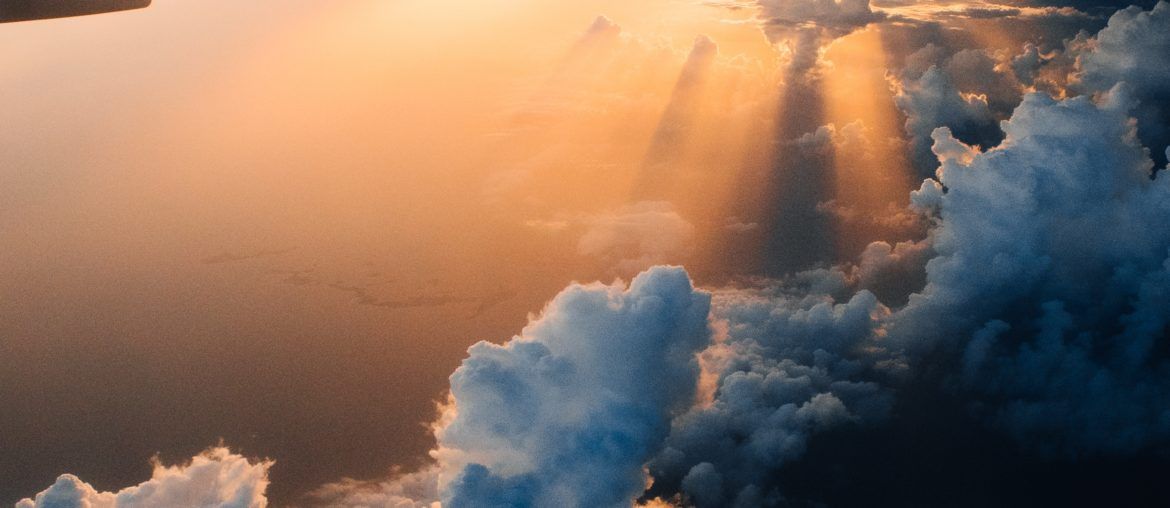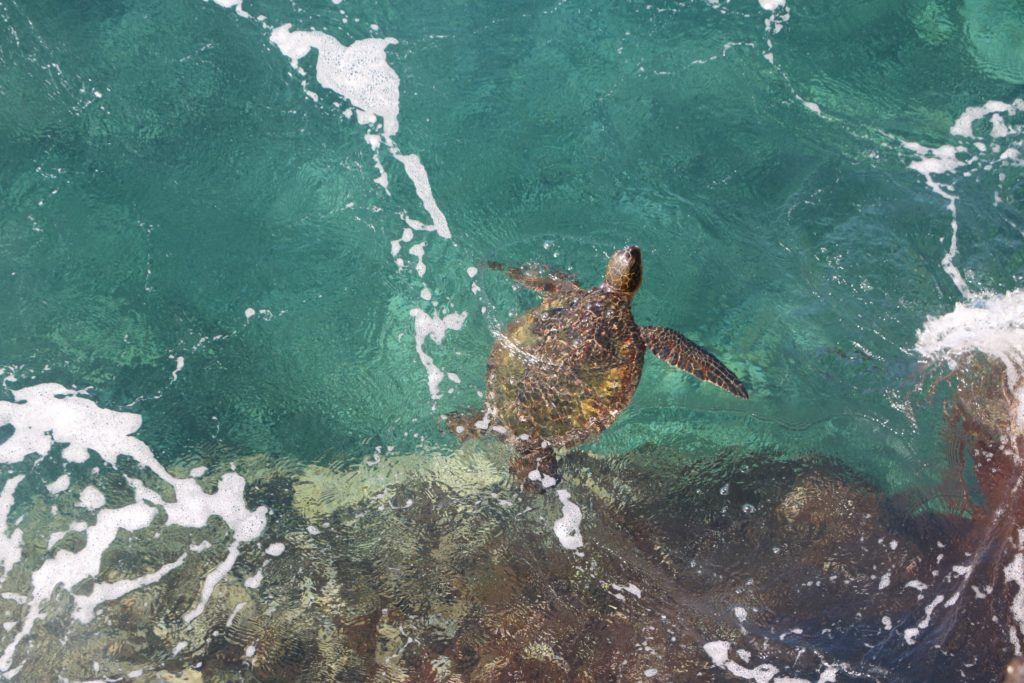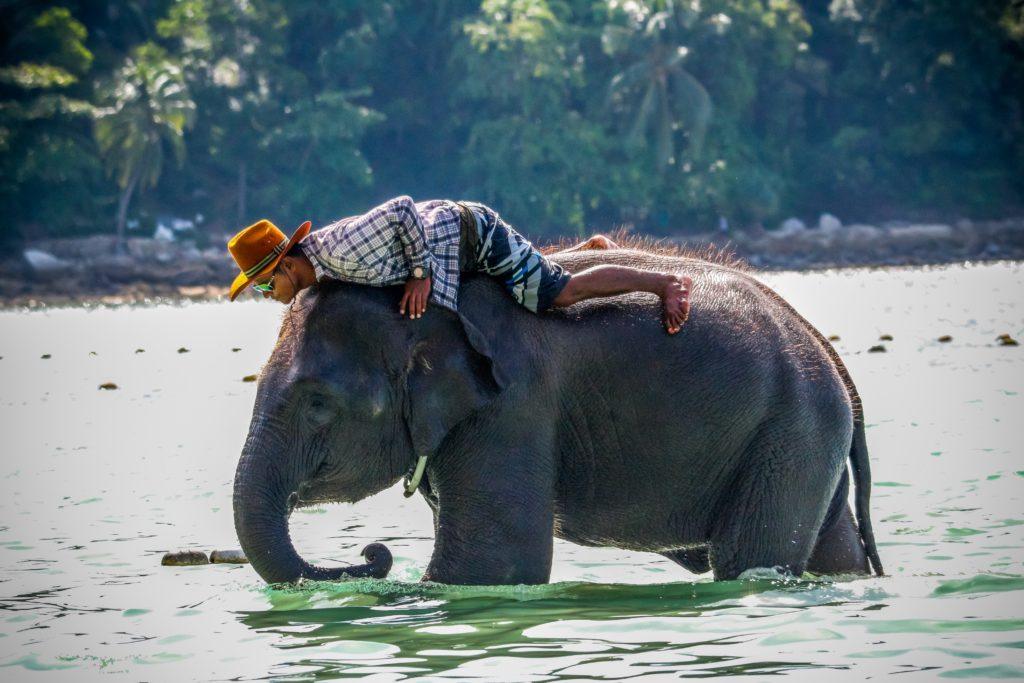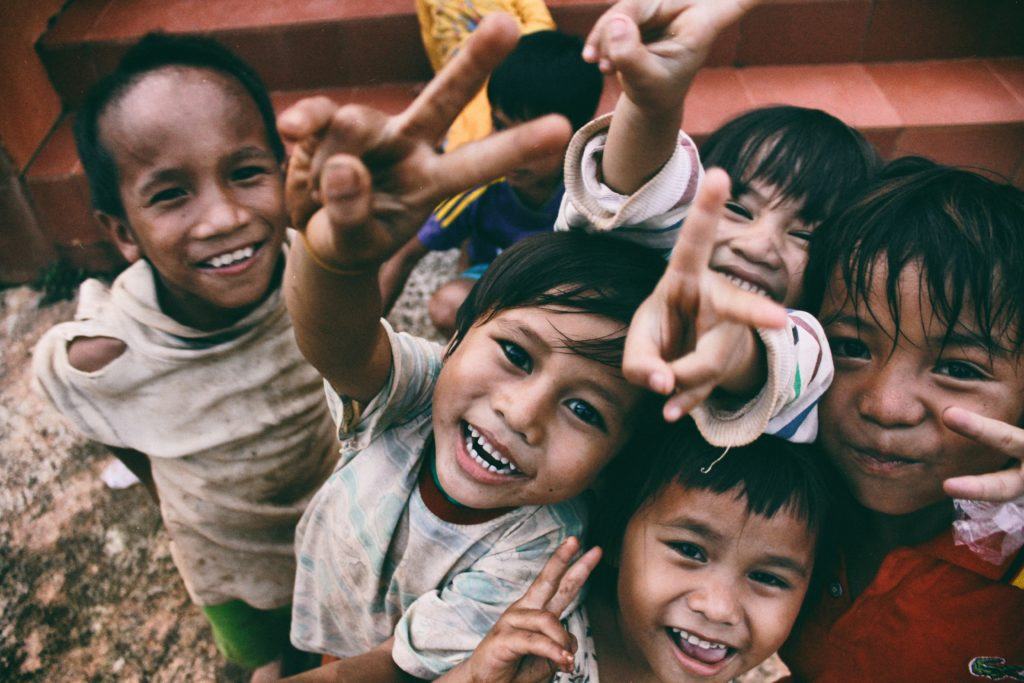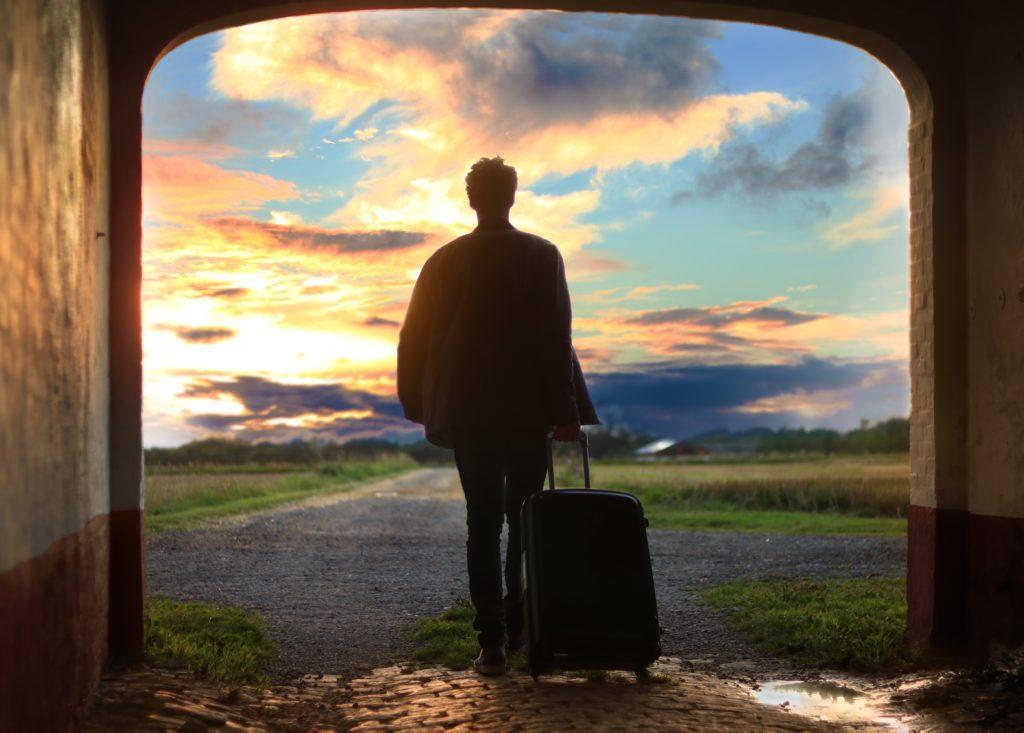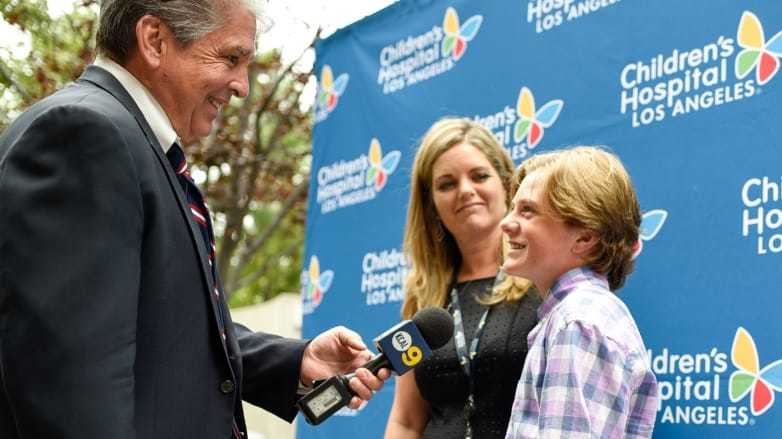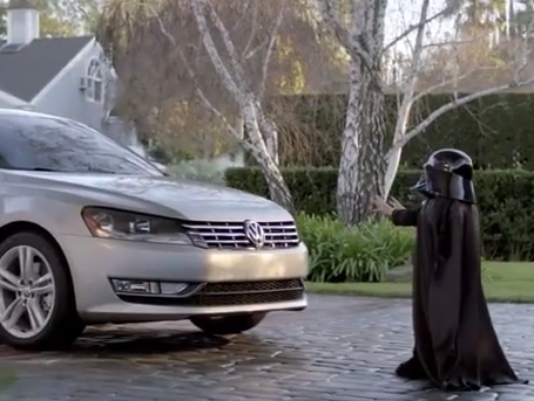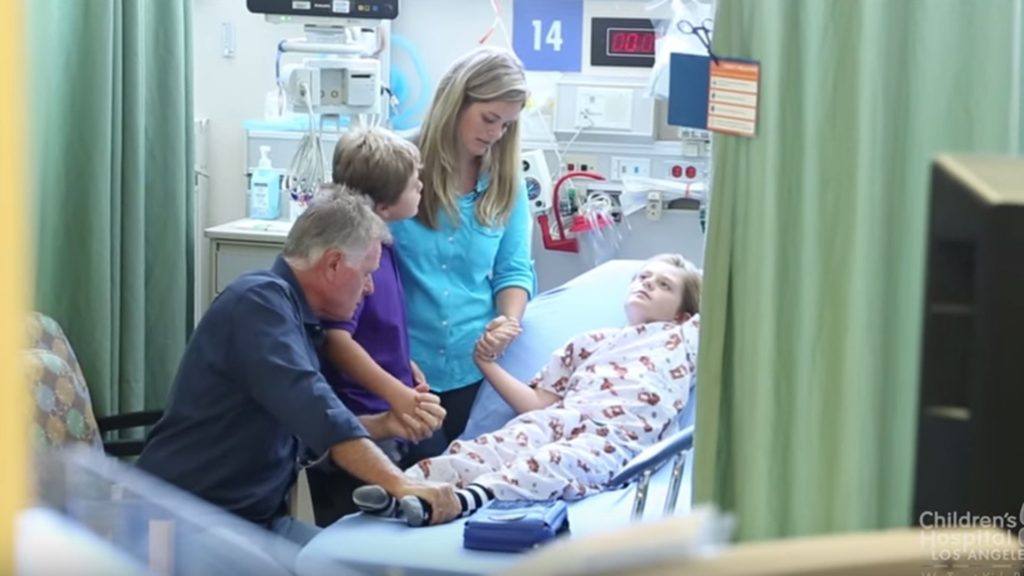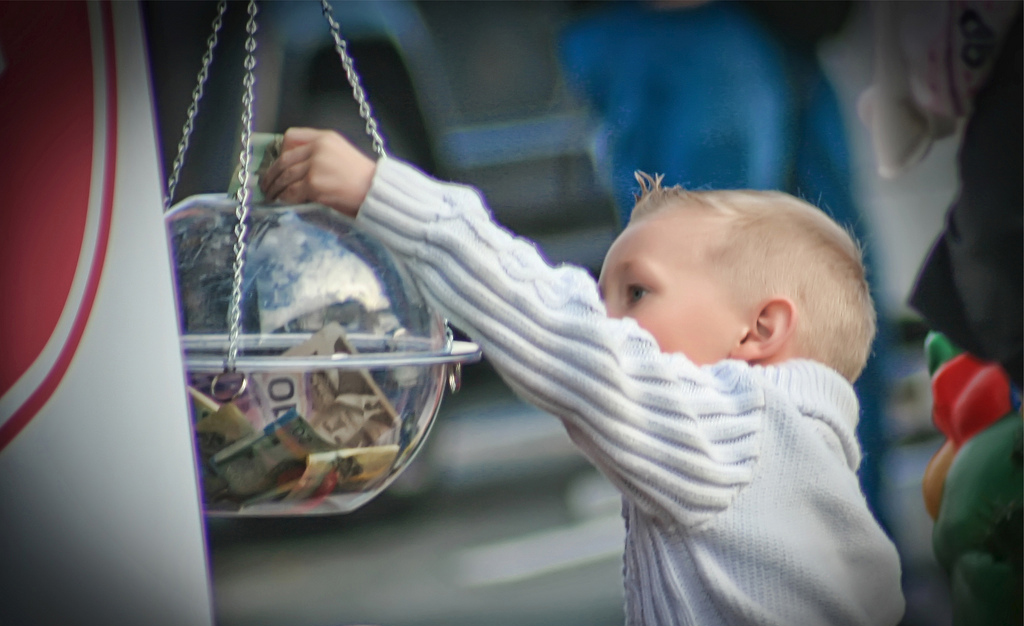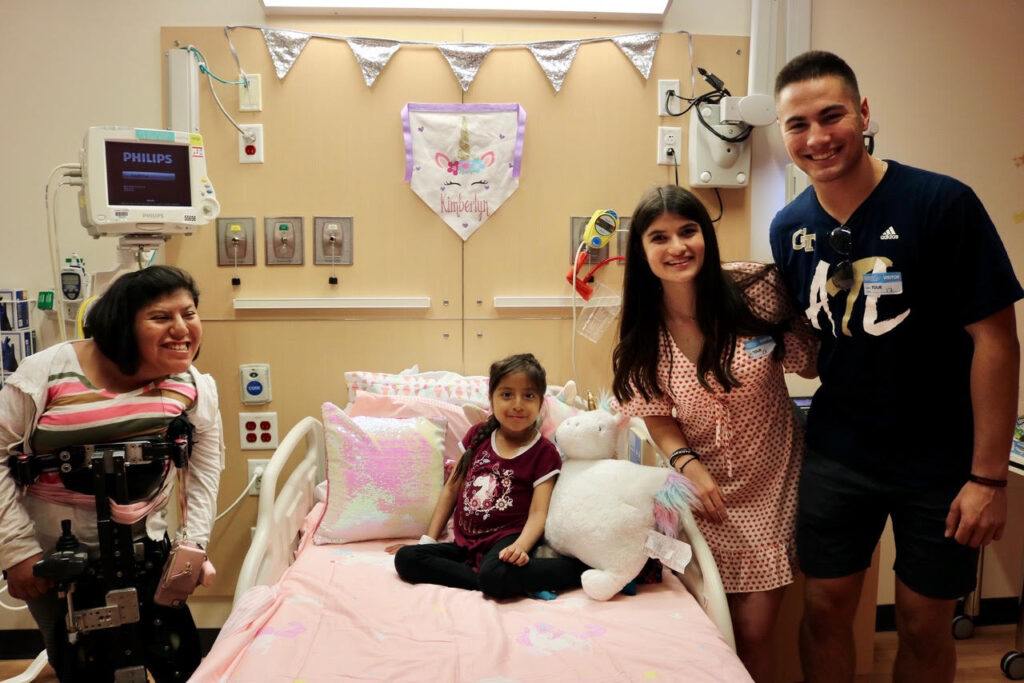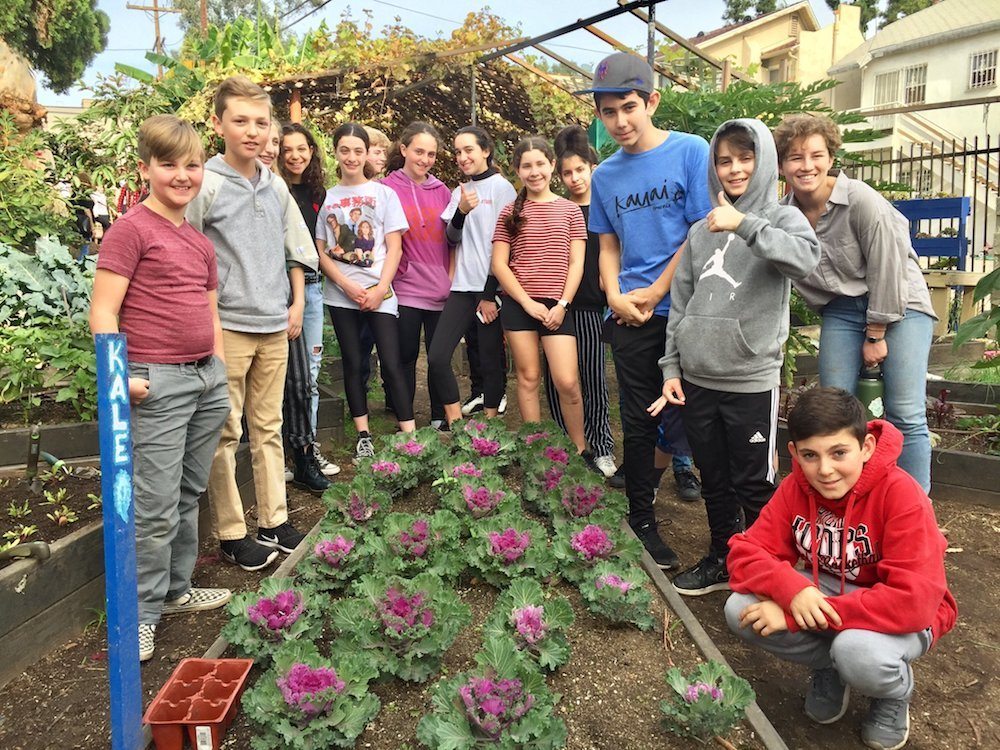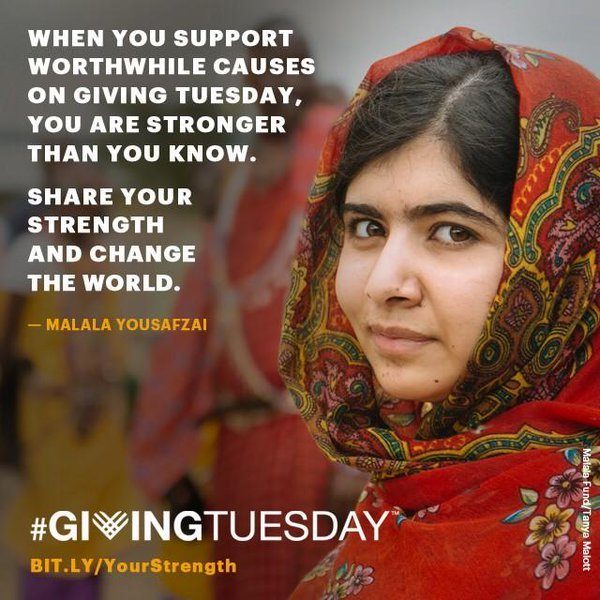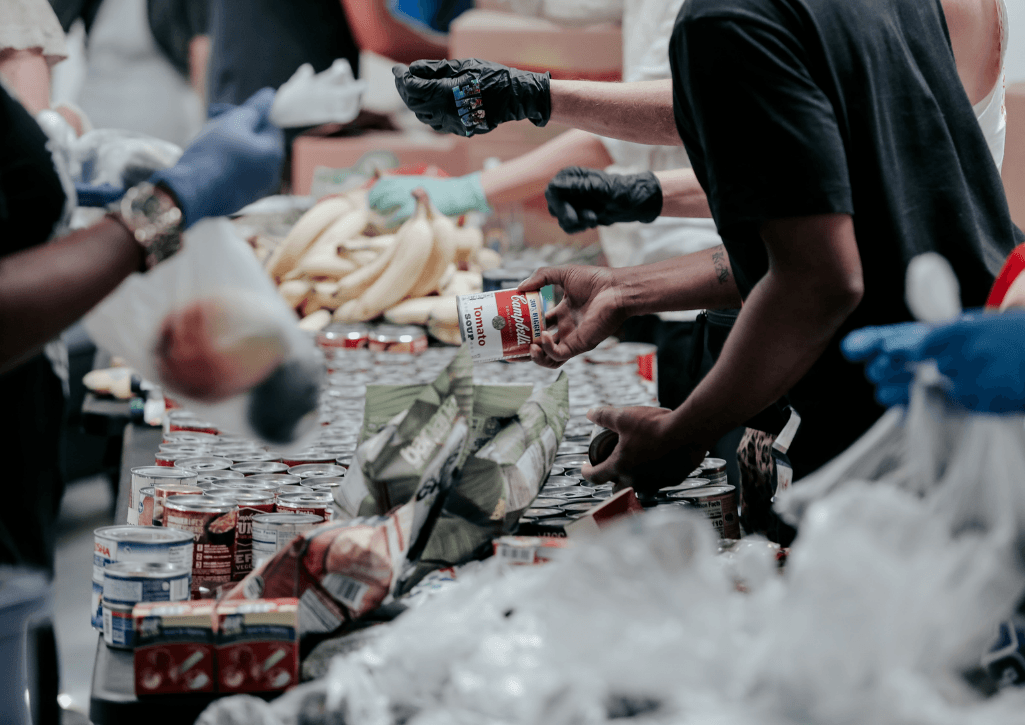
The recent wildfires in Southern California have shown us the power of community . We have seen the best of people, even those who have lost everything, volunteering to help others. Service heals in unimaginable ways and brings us together for good. While I contemplated writing more about the loss and grief many of us are experiencing here LA and Pasadena I decided to switch gears keeping our regularly scheduled interview. The reason is that today’s guest understands and lives a life of service and giving as a major volunteer. She has a job, a family, a full life, a podcast and a book but she calendars major time to give back. I think with so much need right now in our communities. Jenn Klein is just the inspiration we need to remind us to get up and show up for one another.
Today’s guest is Jenn Klein who is truly a kindred spirit. Jenn is an author of the book, Giving Is Selfish, and has a blog and podcast called You are a Philanthropist.
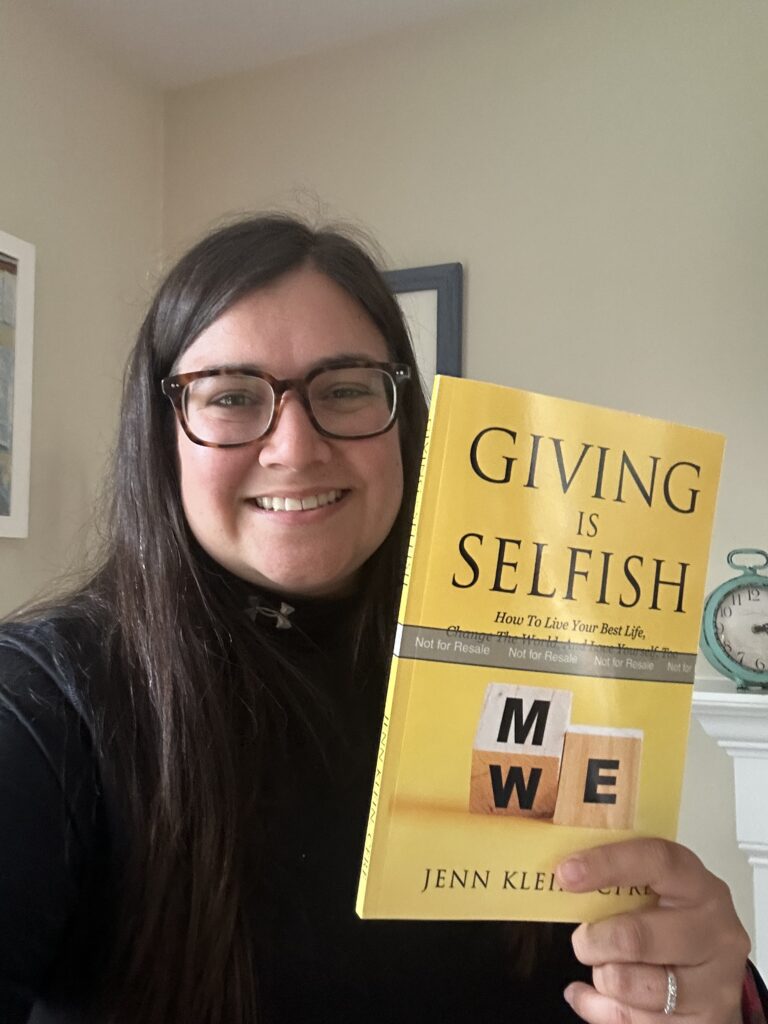
I am excited to share our conversation about the power of giving and how it can truly change your life for good. Jenn is amazing in how spreads joy, giving and kindness is all she does. I know you will be thrilled you got to meet her as well. If you have been overwhelmed from all that is happening from so much loss, this conversation might just be the cure.
Here are a few highlights from our conversation:
Charity Matters: Tell us a little about your book, Giving Is Selfish?
Jenn Klein: Giving is Selfish is about my journey to better understanding philanthropy and I wanted to broaden the understanding of philanthropy to be more than just, excuse me, wealthy individuals giving millions and billions of dollars like Bill and Melinda Gates and to really encourage the everyday person to go out in their communities and make a difference in ways that they can in small and large ways.
And I started to stay home with my kids, and I learned about the power of caregiving and I came to understand more about philanthropy, through being a mother.
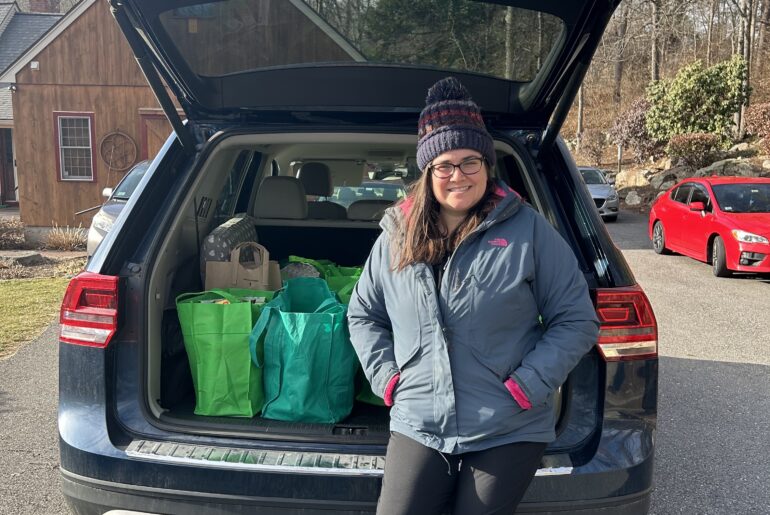
Charity Matters: What Role models did you have growing up that showed you the path to giving?
Jenn Klein: I think my parents are my greatest inspiration and role models, even in their 60s. They’re involved with things such as Rotary International, and they started off just showing me about giving in my church. Then I became involved with the youth group, and we would do service projects in Philadelphia. When I became a teenager, I became a junior Rotarian, so I would go to rotary with my dad. Service above self is the motto of Rotary. And my dad has been involved with the rotary for probably 30 years now.
When I went to college, I graduated and did not know what I wanted to do, but I knew that I wanted to help people. This family I babysat for were very philanthropic and said,” Oh, you should you have an English degree and get into grant writing.” So I started volunteering for the YMCA in the Boston area, and that turned into a grant writing position after I graduated.
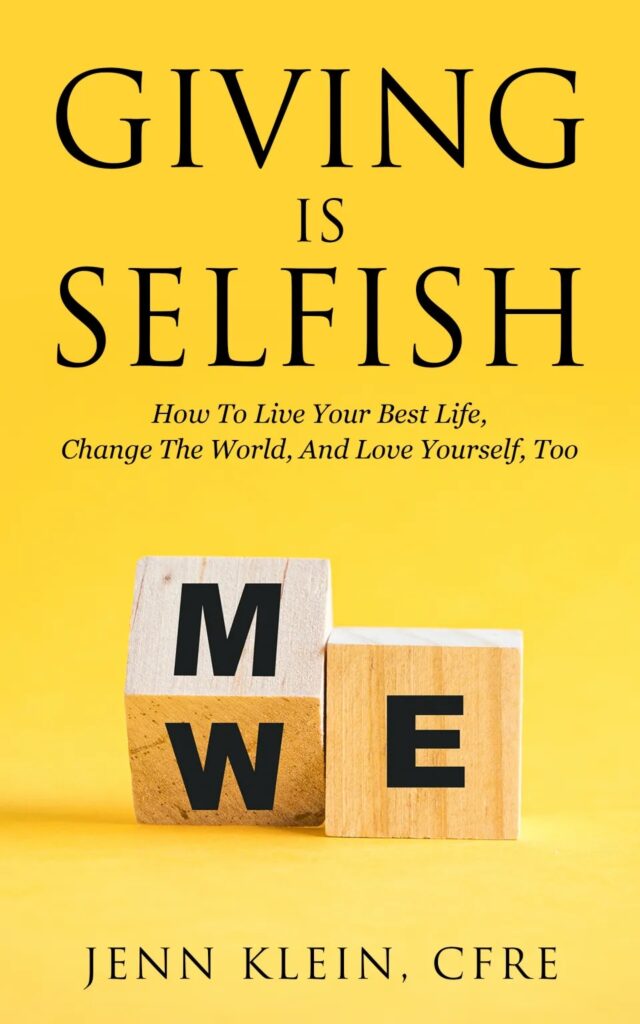
Charity Matters: What was the moment you knew you needed to Write this book?
Jenn Klein: I was a teacher’s assistant for my college professor and she said to me, “What do you want to do after you grow up? She was very kind and she knew I loved to read. She took me up to the library, and I said, “You know, I want to write a book one day.” It was definitely a God thing, because there was something in my heart 20 years ago that I should write a book, and it was really a 20 year dream come true.
I originally, just like you, started off blogging, and it gained some traction. Someone said, “You should write a book.” And it stuck with me for about a year and a half before I said yes that I will write this book
Charity Matters: What are your biggest challenges?
Jenn Klein: I think the challenges are getting the word out there. Like you said, there’s not a lot of people like you and I who are advocating to the general public for the nonprofit sector in general. And like you said, there’s not a lot of people who are championing the health benefits, the all the physical benefits, mental and you know the reasons why it’s fun and exciting to give. So breaking through the noise of the negativity of the news is a challenge. I like just chipping away at what I feel I should be doing today. Some days that means doing the laundry and serving my family.
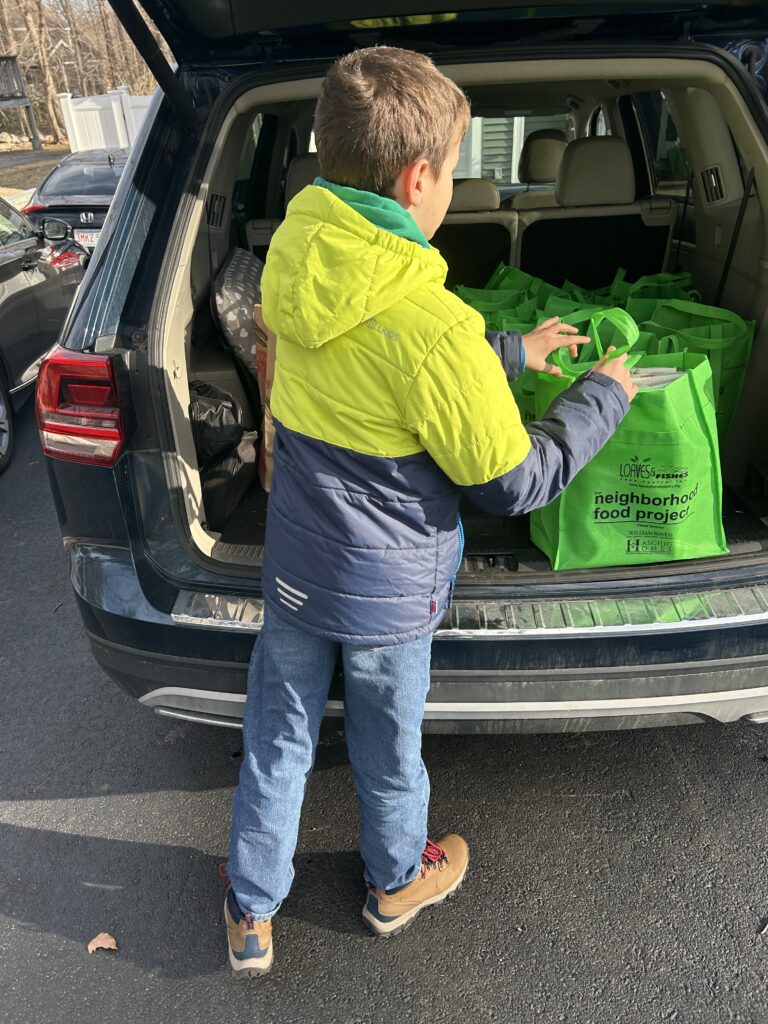
Charity Matters: What fuels you to keep doing this work?
Jenn Klein: I started a gratitude practice that has been transformational. There’s something transformative when we write down what we’re thankful for every day. It could be small things or big things. I like to ask my kids what they’re thankful for, and we always come up with different things together. So having a gratitude practice is really fuels me.
My faith in God obviously fuels me. My favorite quotes is by Mother Teresa, who said, “If you can’t feed 100 people, then feed just one.” I like to think about the impact that I’m having in my everyday life, with my kids and with the volunteer activities I have. I’m their soccer coach, a parent ambassador and tomorrow am volunteering for the local food pantry. I feel thankful that it all boomerangs back to me. I like to say we’re hardwired to give. There’s something in me that enjoys giving.
Charity Matters: If you could dream any dream for your Book, what would that be?
Jenn Klein: One in four Americans volunteer, and recently I heard the statistic from AmeriCorps that it was raised to 28%. I love to think about that number growing and growing with more people volunteering. It’s going to get us healthier, make the world a better place. and it’s fun. So I’d like to see more people volunteer.
Charity Matters: Do you have a motto or expression that you live by?
Jenn Klein: My life verse is Philippians: 413. I can do all things through Christ who strengthens me. I believe I can do it all because of my faith in God.

Charity Matters: What life lessons have you learned from this experience?
Jenn Klein: I like to say that you have to have a balance. If you’re not giving to yourself, then you’re not going to have the capacity to give to others. You have to fill your own cup in order to pour into other people’s cups. I feel like I’m able to give because I have a balance and I know what my tipping scale is.
I try to prioritize my family first, and am really role modeling for my kids. Having them understand the importance of giving back is a high priority for me. So it’s really important for me to raise that next generation of do gooders and change makers, and they’re my priority.
Charity Matters: How has this journey changed you?
Jenn Klein: I think I’m more passionate and excited and more optimistic through writing a book. I’m going to write a second book this year. I want to continue to get the word out there that this is fun, this is good for us, this is good for others. I did put a statistic in my in my book, that of the folks who don’t volunteer, 90% of them say,” If I had more time, I would volunteer.”
There’s so many good nonprofits out there. Aligning your personal mission and vision with a nonprofit, and plugging you in with your time, talent, treasure. This is what is going to make the world a better place. I don’t have millions to give and but this is my way of saying, “Hey, I know you don’t but let’s just do what we can and make a difference in that one person’s life.”
CHARITY MATTERS.
YOUR REFERRAL IS THE GREATEST COMPLIMENT, IF YOU ARE SO MOVED OR INSPIRED, WE WOULD LOVE YOU TO SHARE AND INSPIRE ANOTHER. If you enjoyed today’s episode, please connect with us:
Copyright © 2025 Charity Matters. This article may not be reproduced without explicit written permission; if you are not reading this in your newsreader, the site you are viewing is illegally infringing our copyright. We would be grateful if you contact us.



